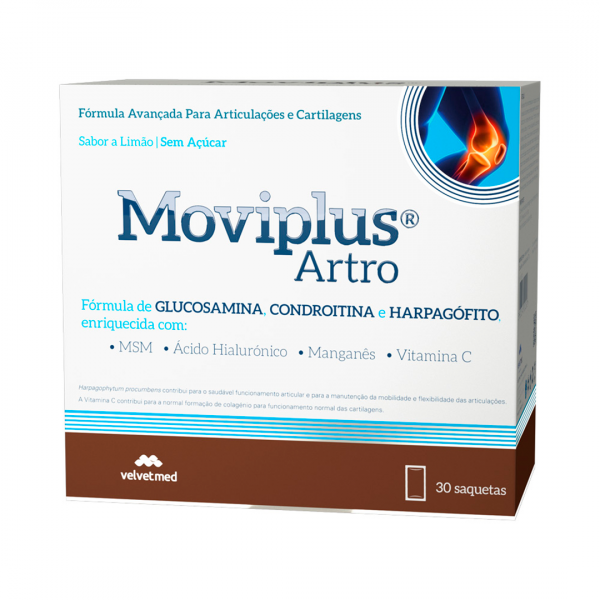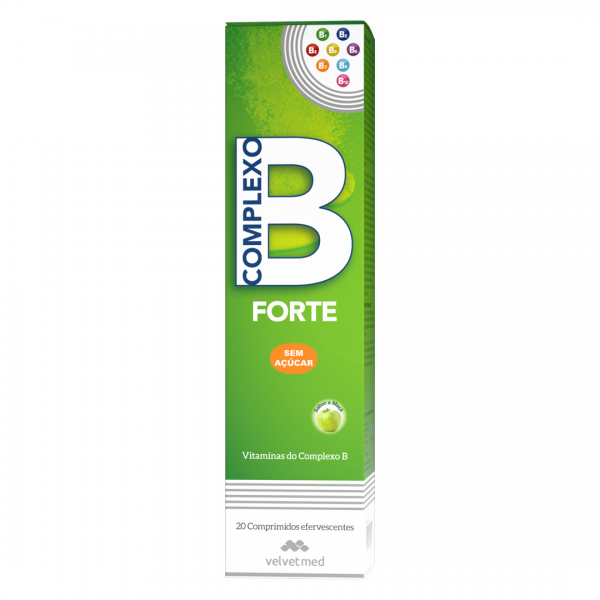O cansaço e a fadiga são conceitos empregues atualmente para descrever um estado generalizado e permanente de fraqueza e falta de energia.
Embora aplicados com o mesmo sentido, estas duas palavras têm aplicações diferentes. O TIREDNESS is related to lifestyle and occurs in proportion to daily effort, both physical and mental. A FATIGUE é um sintoma cuja intensidade é desproporcional ao esforço realizado, e a sensação de cansaço é muito superior ao espectável.
Em qualquer uma das situações, começar e manter uma atividade torna-se uma tarefa difícil e sente-se uma forte necessidade em descansar.
Fadiga Muscular
A MUSCLE FATIGUE é um cansaço físico acentuado, muito comum depois da prática de exercícios intensos e que exigem um esforço maior do que aquele que o organismo está habituado. Nestas ocasiões em que o esforço é maior do que o normal, simples atividades como caminhar ou pegar em objetos, provocam uma sensação de exaustão física.
É essencial estar atento aos principais sinais de cansaço e fadiga muscular, tais como:
- contraturas;
- cãibras;
- tremores e espasmos nas pálpebras;
- insónias;
- ansiedade;
- perda de apetite.
Origem
Na origem do cansaço e da fadiga muscular poderá estar uma má alimentação, o stress, sono insuficiente e o sedentarismo. Por outro lado, também o exercício físico praticado de forma intensa poderá provocar queixas musculares.
Os ATHLETESwho exercise regularly lose more vitamins and minerals resulting in a reduction in resistance and adaptation to effort. To improve muscular function, it is important to increase the consumption of CALCIUM, POTASSIUM, MAGNESIUM and VITAMIN D. Estes são elementos essenciais na dieta de um desportista, que permitem uma correta contração e relaxamento musculares, e que ajudam a evitar cãibras, a aliviar as dores e a prevenir lesões.
Magnésio
O MAGNESIUM intervém como cofator de várias enzimas, em mais de 300 reações metabólicas. Desta forma, desempenha um papel essencial para a formação dos ossos e dentes e para o normal funcionamento do sistema nervoso, muscular e saúde mental.
Este mineral é importante na regulação dos níveis de açúcar, de cálcio e potássio no organismo, e na síntese de ATP, uma molécula utilizada como fonte de energia, nomeadamente na prática de atividade física.
Vitamina B6
Para melhorar a eficácia do magnésio deverá associar-se a VITAMIN B6, as it improves its absorption and thus muscular performance and relaxation.
Vitamina D
Na literatura científica, vários estudos têm vindo a demonstrar a contribuição positiva da VITAMIN D no fortalecimento muscular.
Existem vários tipos de vitamina D, sendo que as duas formas mais importantes são a vitamina D2 (ergocalciferol) e a vitamina D3 (colecalciferol). A vitamina D3, que é mais eficaz do que a vitamina D2, é a forma que é sintetizada na pele quando nos expomos a uma quantidade razoável de luz solar. Essa exposição solar só é eficaz quando o sol está elevado o que só acontece durante o período de Verão. Portanto, só nessa época do ano será possível produzir níveis suficientes da vitamina D.
O papel mais conhecido desta vitamina é na saúde óssea pela sua ação fundamental no equilíbrio do cálcio e do fósforo. É igualmente muito importante na manutenção da função neuromuscular. A descoberta de recetores da vitamina D no tecido muscular vieram demonstrar a sua importância no normal desenvolvimento do músculo e na otimização da força e performance muscular.
O défice de vitamina D está associado a dor muscular, fraqueza e redução do controlo postural, com consequente aumento do risco de quedas.
Today's poor diet due to the consumption of food that is nutritionally poor and the stress of daily life means vitamins and minerals are often not consumed in sufficient quantities. This is why vitamin supplements are recommended.
Por último, olhe por si, pela sua saúde e CHOOSE A HEALTHIER LIFESTYLE! For more information click here.
Velvet Med Products
MOVIPLUS ARTRO – Articulações e Cartilagens
Information:
- Maintenance of joint and bone health
- Combate à degeneração das cartilagens
- Lesões desportistas
COMPLEX B Forte Effervescent Tablets
Information:
- Physical/mental fatigue and tiredness
- Ulcers and other mucous disorders
- Lack of appetite
- Weakened immune system
MAGNETRIL D – Cansaço, Fadiga e Cãibras Musculares
Information:
- Tiredness and lack of energy
- Fatigue and muscle cramps
- Maintenance of healthy bones and teeth
- Magnesium deficiency
- Sports activities








